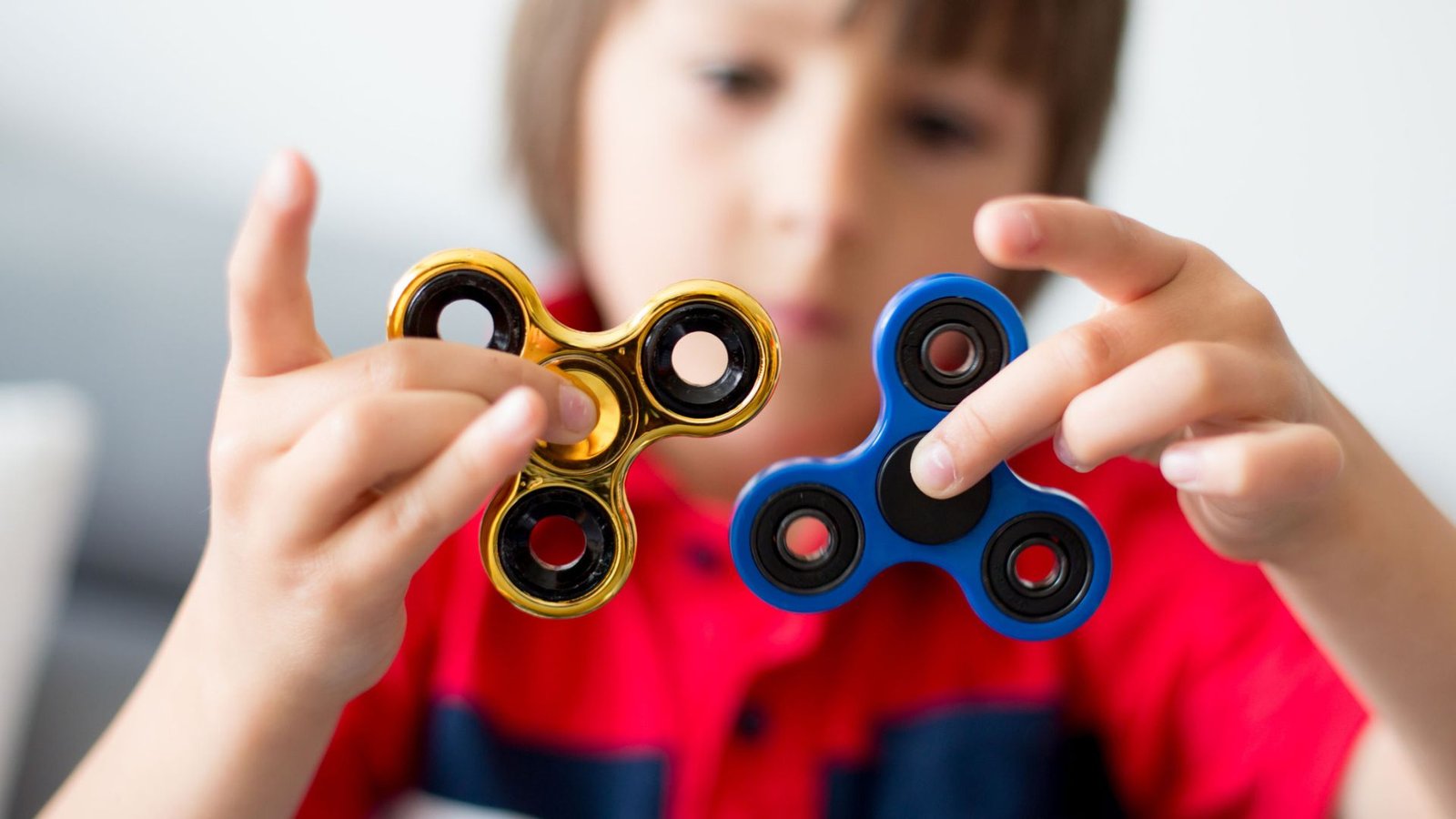Helping children cope with anxiety and stress is essential for their overall well-being and development. Anxiety and stress can affect children’s behavior, academic performance, and social interactions. By providing support and effective strategies, parents and caregivers can help children manage these challenges and build resilience. Here’s how to assist children in coping with anxiety and stress:

Understanding Anxiety and Stress in Children
Before addressing anxiety and stress, it’s important to understand what they are and how they manifest in children.
- Anxiety: Anxiety in children can show up as excessive worry, fear, or nervousness about specific situations or general life events. It may result in physical symptoms such as stomachaches, headaches, or difficulty sleeping.
- Stress: Stress is a response to demands or pressures from various sources, such as school, family, or social situations. Children may exhibit stress through changes in behavior, mood swings, or withdrawal from activities they usually enjoy.
Creating a Supportive Environment
A supportive environment helps children feel safe and secure, which can reduce anxiety and stress.
- Open Communication: Encourage open conversations about feelings and concerns. Let children know it’s okay to express their emotions and that they are supported.
- Stable Routine: Maintain a consistent daily routine. Predictable schedules help children feel more secure and reduce anxiety about what to expect.
Teaching Relaxation Techniques
Relaxation techniques can help children manage stress and anxiety by calming their minds and bodies.
- Deep Breathing: Teach children deep breathing exercises to help them calm down when they feel anxious. Practice slow, deep breaths together, focusing on inhaling through the nose and exhaling through the mouth.
- Progressive Muscle Relaxation: Guide children through progressive muscle relaxation, where they tense and then slowly relax different muscle groups to release physical tension.
- Mindfulness and Meditation: Introduce mindfulness and meditation practices. Simple techniques such as guided imagery or focusing on the present moment can help reduce anxiety.
Encouraging Healthy Lifestyle Habits
Healthy lifestyle habits contribute to overall well-being and help manage anxiety and stress.
- Regular Physical Activity: Encourage regular exercise, which can reduce stress and improve mood. Activities such as biking, swimming, or playing sports can be enjoyable and beneficial.
- Balanced Diet: Promote a balanced diet with nutritious foods. Healthy eating supports physical health and can positively impact mood and energy levels.
- Adequate Sleep: Ensure that children get enough quality sleep. A consistent sleep schedule and a relaxing bedtime routine can improve sleep quality and help manage stress.
Helping Children Develop Coping Skills
Teaching coping skills equips children with tools to handle challenging situations more effectively.
- Problem-Solving: Help children develop problem-solving skills by discussing possible solutions to their worries. Encourage them to think through options and choose the best course of action.
- Emotional Regulation: Teach children strategies for managing their emotions, such as labeling their feelings and using positive self-talk. Encourage them to recognize and express their emotions in healthy ways.
Providing Reassurance and Support
Reassurance and support from parents and caregivers play a crucial role in helping children cope with anxiety and stress.
- Positive Reinforcement: Provide positive reinforcement and praise for their efforts to cope with stress. Acknowledge their achievements and progress, no matter how small.
- Modeling Behavior: Model healthy coping strategies and stress management techniques. Children learn from observing how adults handle stress and anxiety.
Seeking Professional Help
In some cases, anxiety and stress may require professional intervention.
- Consulting a Mental Health Professional: If anxiety or stress significantly impacts a child’s daily life, consider consulting a mental health professional, such as a psychologist or counselor. They can provide specialized support and therapeutic interventions.
- School Resources: Utilize school resources, such as counselors or school psychologists, who can offer support and guidance for managing anxiety and stress.
Encouraging Social Connections
Social connections and supportive relationships can help children feel more secure and less stressed.
- Peer Support: Encourage friendships and social interactions. Positive peer relationships provide emotional support and reduce feelings of isolation.
- Family Time: Spend quality family time together to strengthen bonds and provide a sense of security. Engaging in activities as a family can create a supportive environment.
Avoiding Unnecessary Pressure
Reducing unnecessary pressure and setting realistic expectations can help manage stress.
- Setting Realistic Goals: Set achievable goals and avoid putting excessive pressure on children. Encourage them to do their best without stressing over perfection.
- Balancing Activities: Ensure that children have a balanced schedule with time for relaxation and leisure activities, in addition to schoolwork and extracurricular activities.
Conclusion
Helping children cope with anxiety and stress involves creating a supportive environment, teaching relaxation techniques, encouraging healthy habits, and providing reassurance. By equipping children with coping skills, supporting their emotional needs, and seeking professional help when necessary, parents and caregivers can significantly impact their ability to manage stress and build resilience. Addressing anxiety and stress effectively promotes overall well-being and supports healthy emotional development.

